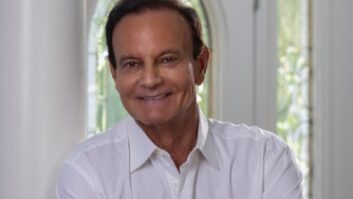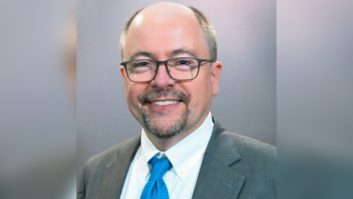Bruce Elving passed away while in California for prostate cancer treatment.
Elving, of Esko, Minn., was the man behind “FM Atlas,” a handbook for FM DXers. Besides its listing of standard FM stations in the U.S., Canada and Mexico in a helpful geographical format, Elving’s publication was unusual in that it listed information that might appeal to the hardest-core spectrum buff such as RDS data and subcarrier programming including ethnic content and radio services for the blind.
Elving held a Ph.D. in communications from Syracuse University and published his first FM station directory in 1971. He updated “FM Atlas” regularly. Though in recent years it was issued less frequently as online sources of station information became ubiquitous, a 21st edition was released in the summer of 2010, according to a Radio World story at that time. It contains listings of some 10,000 FM radio stations, translators, boosters and low-power FM stations.
A later publication, “FMedia,” was started in 1987. It covered FM news and supplemented the “FM Atlas.” It ran for two decades and was published briefly by his daughter, Kristine Stuart.
According to a Wikipedia listing, Elving was named DXer of the Year in 1973 and 1986 by the Association of North American Radio Clubs. But he also was more than a listener and information publisher. He was a cofounder of KUMD(FM), a public radio station associated with the University of Minnesota at Duluth, in 1957. KUMD celebrated its 50th anniversary in 2007 with a gala dinner; Elving and two other founders were guests of honor.
A review of various DX and other forums this week suggests his helpfulness, kindness and generosity. It was clear that he will be missed by his community.
Elving wrote a letter to Radio World this summer, describing his treatment for prostate cancer at Loma Linda University hospitals. In it he encouraged people over 50 to be checked for colon cancer, and men for prostate cancer. He told RW that while on that treatment trip, he continued taking notes of FM stations and format changes for his book.
He had a sense of humor too. In his letter, he wrote: “I [also] have had colon cancer, with surgeries in the large intestine 11 years ago and small intestine, six years ago, so you might say I have a semicolon!”







